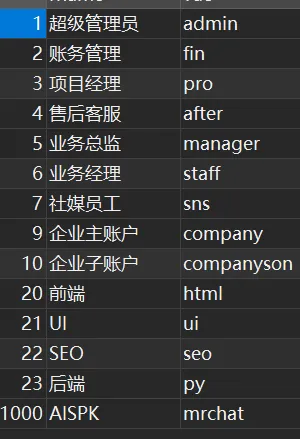



Chemicals for Effective Closed Loop Water Treatment Solutions and Management
Closed Loop Water Treatment Chemicals Ensuring Efficiency and Sustainability
Water, a vital resource for all forms of life, has become a focal point for industries aiming to enhance their operational efficiency while safeguarding the environment. Closed loop water treatment systems are increasingly utilized in various sectors, such as manufacturing, power generation, and HVAC (heating, ventilation, and air conditioning), to manage water resources effectively. These systems rely on specific chemical additives to maintain water quality, optimize system performance, and ensure sustainability.
Understanding Closed Loop Water Treatment
Closed loop water systems function by recirculating water within a closed environment, reducing the need for fresh water intake and minimizing wastewater production. This method is especially beneficial in processes where high-temperature fluid circulation is necessary. In such systems, water does not interact with the external environment, which helps to prevent contamination and allows for better control over the chemical equilibrium of the system. However, maintaining water quality within these closed loops is crucial, necessitating the use of specialized treatment chemicals.
Key Chemicals Used in Closed Loop Water Treatment
The effectiveness of closed loop water systems largely depends on the application of various chemicals designed to inhibit corrosion, scale formation, and biological growth
. Here are some of the most commonly used chemicals1. Corrosion Inhibitors Corrosion is a significant concern in closed loop systems, as it can lead to equipment failure and increased maintenance costs. Corrosion inhibitors, such as phosphates, nitrites, and molybdates, form a protective layer on the surface of metals, preventing corrosive components from penetrating. By effectively minimizing metal loss, these inhibitors enhance the longevity and reliability of the system.
2. Scale Inhibitors Water containing high levels of dissolved salts can lead to scale formation within pipes and heat exchangers. Scale inhibitors, including polyphosphates and organic dispersants, work by disrupting the crystallization process of minerals, thus preventing deposits. This control over scaling not only improves heat transfer efficiency but also reduces the need for aggressive cleaning methods, saving both time and resources.
closed loop water treatment chemicals

3. Biocides and Microbial Control Agents Biological growth can pose a significant risk in closed loop systems, leading to biofilm formation, which can further impair system efficiency. Biocides, such as isothiazolinones and quaternary ammonium compounds, are employed to eliminate bacteria and algae. Regular dosage of these chemicals is crucial in maintaining a healthy microbial balance and ensuring optimal system performance.
4. pH Adjusters Maintaining the appropriate pH level is essential in closed loop water systems. Chemicals like sodium hydroxide or sulfuric acid are employed to adjust the pH, thereby enhancing the effectiveness of corrosion inhibitors and preventing unwanted reactions within the system. A stable pH also aids in prolonging the lifespan of system components.
5. Filtration and Purification Agents To further enhance water quality, filtration agents such as activated carbon and certain ion exchange resins may be utilized. These agents help in removing particulate matter and contaminants, ensuring that the water circulates cleanly and efficiently within the closed loop.
The Importance of Proper Chemical Management
Using closed loop water treatment chemicals effectively requires careful monitoring and management. Regular testing of water quality parameters, including pH, conductivity, and alkalinity, is essential to assess the efficacy of the chemicals used. Analyzing these parameters helps in adjusting chemical dosages, ensuring that the system operates within optimal conditions.
Moreover, the selection of eco-friendly and biodegradable chemicals is becoming increasingly significant. As industries face stricter environmental regulations, the focus is shifting toward sustainable water treatment solutions that minimize ecological impact. Utilizing greener alternatives not only helps in complying with regulations but also enhances corporate social responsibility.
Conclusion
Closed loop water treatment chemicals play a critical role in ensuring the sustainable management of water resources across various industries. By employing these specialized chemical treatments, organizations can enhance system efficiency, reduce maintenance costs, and minimize their environmental footprint. As we move toward a future where water conservation becomes paramount, investing in effective closed loop water treatment practices will be essential for both operational success and environmental stewardship.
-
Why Sodium Persulfate Is Everywhere NowNewsJul.07,2025
-
Why Polyacrylamide Is in High DemandNewsJul.07,2025
-
Understanding Paint Chemicals and Their ApplicationsNewsJul.07,2025
-
Smart Use Of Mining ChemicalsNewsJul.07,2025
-
Practical Uses of Potassium MonopersulfateNewsJul.07,2025
-
Agrochemicals In Real FarmingNewsJul.07,2025
-
Sodium Chlorite Hot UsesNewsJul.01,2025










